WASHINGTON, April 28: Political disputes, and not religion, beget violence, says Prof John Esposito, who received Pakistan’s highest civil award, Hilal-i-Quaid-i-Azam, on Tuesday. Aptly described by Ambassador Jehangir Karamat as a scholar who has done more than any other individual in the last three or four decades to promote a better understanding between the Islamic and Western worlds, Prof Esposito used the award ceremony at the Pakistan Embassy for pointing out how the two worlds viewed each other with suspicion and fear.
He pointed out that in the West, particularly the United States, when people talk about moderate Muslims, the underlying assumption is that the majority is not moderate. Some people even talk about moderating the religion itself, assuming that there’s something in the religion that promotes violence and extremism.
Similarly, when some Americans ask ‘why they hate us,’ they assume that the majority in the Muslim world hates America. What they fail to see is that those who have disagreements with the US foreign policy do not necessarily hate America.
“If you had Plaestines and Northern Irelands in other places, you would have violence in those places as well,” said Prof Esposito while explaining how political disputes, not religion, beget violence.
Prof Esposito, now a professor at the Georgetown University in Washington, has been teaching Islam and Muslim studies at various American institutions since the late 1960s. He has authored more than two dozen books on Islam and Muslims. Some of his books are taught at educational institutions around the world.
He explained how most Americans became aware of Islam and Muslims after the Islamic revolution in Iran when television channels brought the images of American hostages to every household in the United States. Unfortunately, those images continue to taint American public view of Islam and Muslims even today.
The situation got worse after the Sept 11, 2001 terrorist attacks in the United States when opinion makers in the United States began to describe the world as divided between “civilized and uncivilized” spheres, with the Muslims falling in the “uncivilized category.”
There were open attacks on Muslims, their faith and their book, with some Christian extremists openly defaming Islam. Although Muslim governments sided with the United States in the war against terror, it did not stop the tendency of seeing the world as “divided between us and them.”
“Then there were talks of redrawing the map of the Islamic world and the Middle East” and this did not help promote a better understanding between the two worlds, said Prof Esposito.
“After the US invasion, Iraq became the foremost issue, the Palestinian issue was pushed back,” said Prof Esposito while explaining how these developments affected the Muslims, making them more concerned about the intentions of the US-led war against terror.
To counter anti-American feelings among the Muslims, the Bush administration devised the policy of bringing democracy to the Middle East and the Islamic world. But even this policy, explained Prof Esposito, was not meant for all Muslims. In Iraq, senior US officials made it clear that the United States does not want them to elect those opposed to the US presence in Iraq or those who sympathized with the country’s religious forces. In other Muslim countries, he said, America has continued to work with authoritarian regimes despite a public pledge to promote democracy.
Government in those countries, he said, also exploit the US fear of Muslim extremists, often telling Washington that democratic reforms it wants will bring the extremists to power. “In some countries, even secular opponents of the government were branded as extremists.”
“The United States and Muslim governments need to see the difference between extremists and moderate Islamic movements and learn to work with them,” said Prof Esposito.
He said that a democratic change does not come overnight, particularly “in an authoritarian culture,” and emphasized the need for sustained effort to promote democracy in these places.
















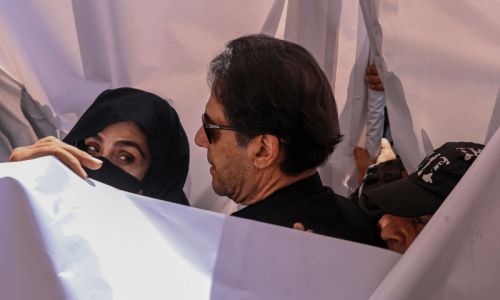
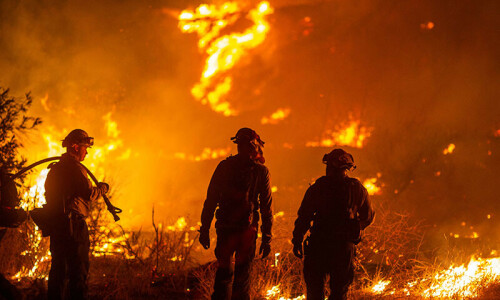













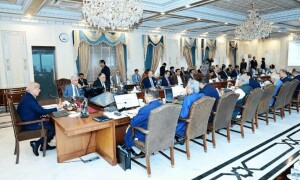

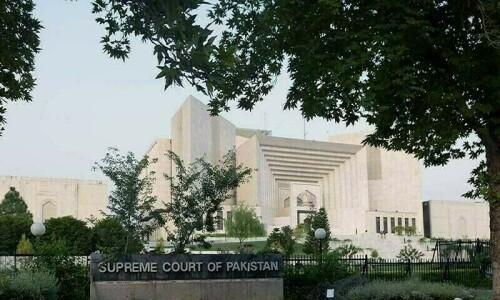

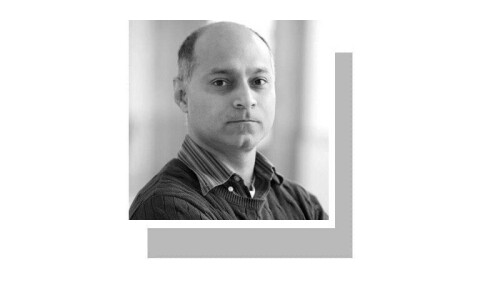
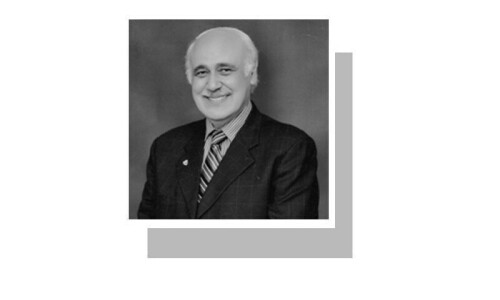

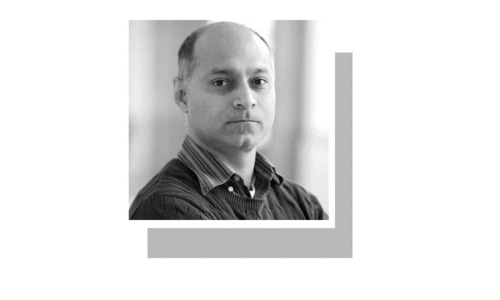
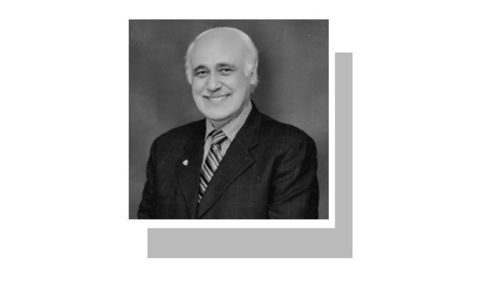
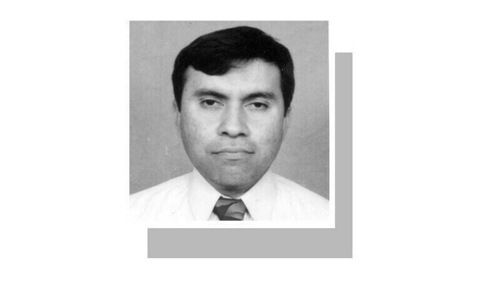

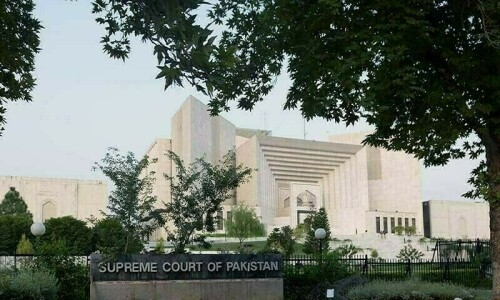


Dear visitor, the comments section is undergoing an overhaul and will return soon.